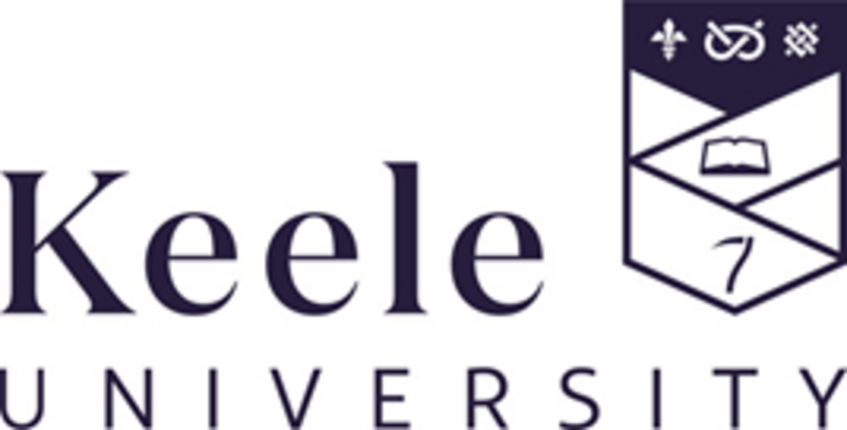

Keele Law School is a diverse, outward-looking and critical law school. Based in the heart of the British Midlands, we are home to a community of leading scholars and inspirational teachers who provide students with an innovative and empowering legal education. Keele University is known internationally for adopting a critical approach to legal education and social justice. Our critical approach regards law not as a set of impartial and neutral rules but as a system that is socially and politically determined. This vision is central to our ethos as a Law School. Our scholars and students think about who stands to gain and who stands to lose from specific doctrines and decisions. They also think about the gap between law 'in the books' and law 'in action'.
Keele Law School is an internationally recognised centre for legal research. Our research is cutting-edge, socially relevant and draws on a wide range of socio-legal, theoretical and doctrinal approaches. Research is at the heart of everything we do, including our teaching. We have a vibrant research community that explores contemporary issues across all fields of law but also philosophical and applied ethics. Our researchers contribute to policy debates both in the UK and internationally on issues as diverse as penal governance, data protection and digital surveillance, religion and intolerance, end-of-life and reproductive ethics, international responses to pandemics, queer jurisprudence, disability rights, mortgage and business lease regulation, or climate security. The Law School hosts five research clusters, all representing areas of strengths: ethics health and social care; gender sexuality and law; international and European law; legal education innovation and practice; social justice and human rights.
The School of Law’s commitment to making a difference continues with a number of legal clinics through which Keele academics, students and practitioners provide pro-bono legal advice and with its pioneering leadership of the Community Legal Outreach Collaboration (CLOCK). Founded 10 years ago, CLOCK began as a research project based upon Dr Jane Krishnadas’ ‘Transformative Methodology’, listening to the voices of survivors in post-disaster situations in India to reconstruct their lives through a range of socio-legal strategies. Now, it is a unique and innovative project bringing together universities, law firms, barristers chambers, mediation, charitable and court services to educate, assist, monitor and promote access to justice for communities facing barriers to access to justice. As part of its activities, CLOCK has co-created a multi-agency collaboration with the Stoke-on-Trent Family Court, law firms, mediators, the Citizens Advice Bureau, Domestic and Sexual Abuse survivor support services, to design the unique and innovative role of the Community Legal Companion to assist litigants in person through the court process. The CLOCK Steering Committee also designed and delivered a holistic training programme including academic, legal, mediation, charitable and court-based training delivered by academics, court staff, solicitors, barristers, mediators and domestic abuse and sexual abuse support services to understand the complex needs of litigants in person, in a variety of civil legal issues, also supporting clients in court proceedings when legal aid is not available.
